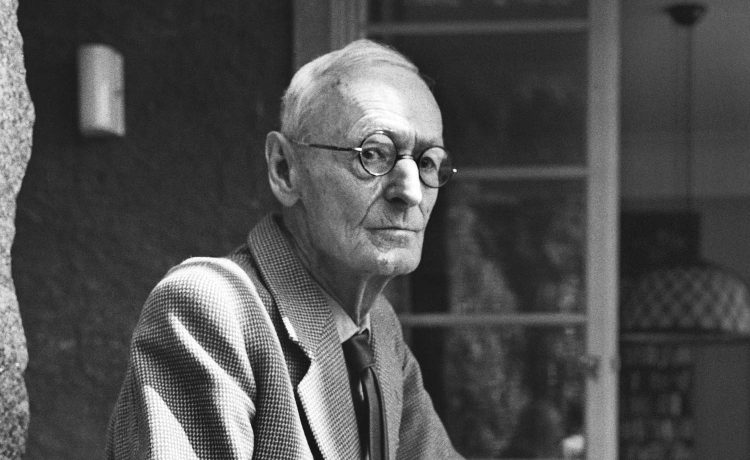maresiliencycenter.org – Hermann Hesse is renowned for his philosophical novels that delve into the complexities of the human psyche and the quest for self-discovery. His works often explore themes of spirituality, identity, and the conflict between individual desires and societal expectations. Here’s an exploration of how Hesse’s philosophical insights manifest in his novels.
1. The Quest for Self-Discovery
Central to many of Hesse’s novels is the theme of self-discovery. In “Siddhartha,” Hesse narrates the journey of a young man in ancient India seeking spiritual enlightenment. The novel reflects on the importance of personal experience and self-reflection in achieving true understanding and fulfillment.
2. The Duality of Human Nature
Hesse frequently explores the duality of human nature, examining the tension between opposing forces within the individual. “Steppenwolf” is a poignant exploration of this theme, presenting the protagonist’s struggle with his dual identity as both human and wolf-like. The novel delves into the complexities of individual identity and the quest for harmony within oneself.
3. The Search for Meaning
In “Demian,” Hesse addresses the search for meaning and the development of a personal worldview. The novel follows the protagonist, Emil Sinclair, as he grapples with the influences of good and evil in shaping his identity. Hesse’s exploration of these themes encourages readers to contemplate the forces that shape their own lives.
4. Influence of Eastern Philosophy
Hesse’s works are heavily influenced by Eastern philosophies, particularly Buddhism and Hinduism. This is evident in “Siddhartha,” where concepts such as karma and nirvana play a significant role. Hesse’s incorporation of Eastern thought reflects his belief in the universality of spiritual truths and the interconnectedness of all life.
5. The Role of Art and Creativity
Art and creativity are recurring motifs in Hesse’s novels, symbolizing the transformative power of self-expression. In “Narcissus and Goldmund,” Hesse explores the contrasting lives of a monk and an artist, highlighting the tension between the life of the mind and the life of the senses. The novel suggests that true fulfillment lies in embracing both aspects of human experience.
Conclusion
Hermann Hesse’s philosophical novels invite readers to embark on a journey of introspection and self-discovery. Through his exploration of themes such as duality, meaning, and spirituality, Hesse encourages readers to reflect on their own lives and the pursuit of authenticity. His works remain influential, offering timeless insights into the human condition and the quest for understanding in a complex world.

